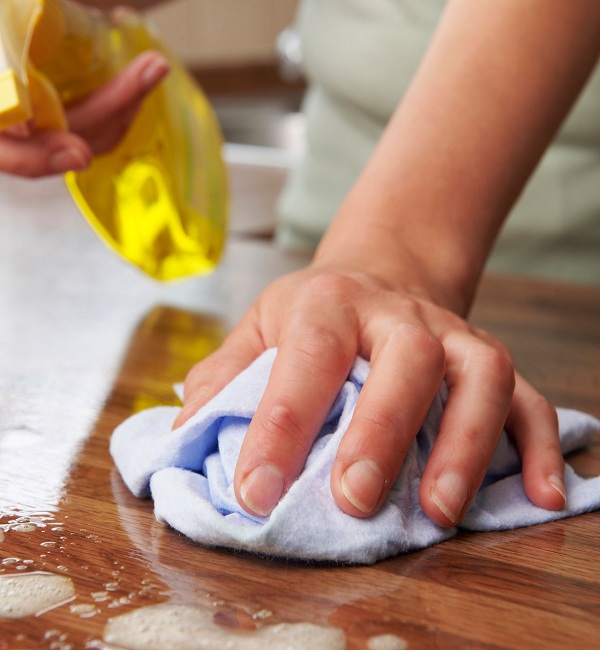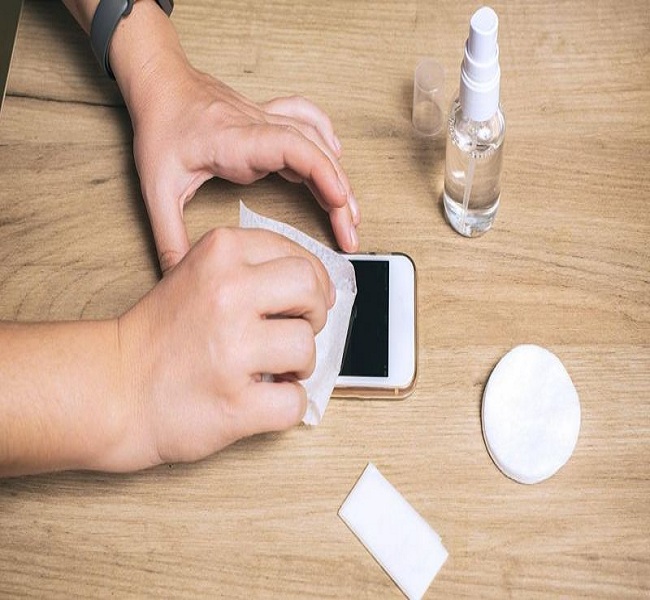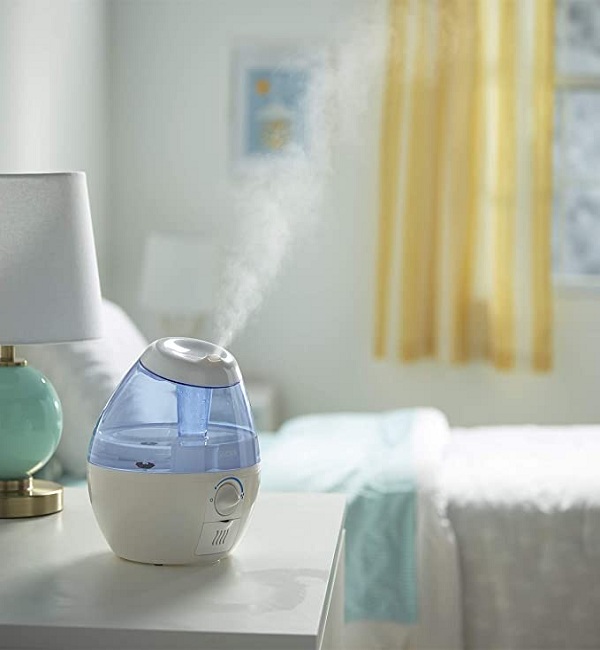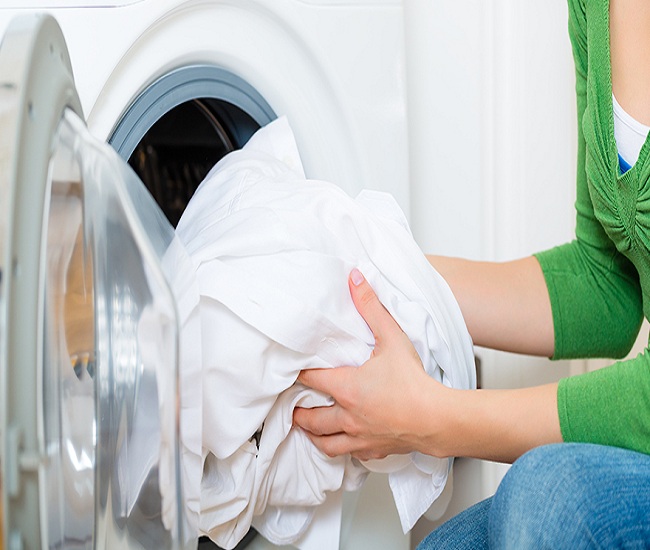The flu season can be hazardous to your health, but you can lessen the impact by limiting the transmission of viruses in your own environment. Professor Suzanne Judd, Ph.D., of the School of Public Health at the University of Alabama in Birmingham, offers the following advice to assist you and your loved ones better withstand the flu this year.
How can one make their home less conducive to the spread of germs?
It is impossible to completely eliminate the spread of germs in your home, but regular cleaning and disinfection can help.
To begin, you can lessen the quantity of germs in a space and the likelihood of their spreading by washing surfaces with soap and water and disinfectant sprays.
Second, you may destroy germs and reduce the spread of illness by sanitizing frequently used surfaces. When emptying the garbage, don’t touch anything (especially used tissues) and wash your hands well afterward.

Which household items harbor the most germs, and how should you clean them?
Countertops, doorknobs, computer keyboards, toys, phones, and faucet handles are all examples of frequently handled surfaces that might spread germs. Check with the Environmental Protection Agency to ensure that the product you intend to use is approved for both cleaning (germ removal) and disinfecting (kill germs).
Read the product instructions before using it because different chemicals have varied methods for how many wipes are required or how long to keep the surface moist — usually three to five minutes.

How can you prevent the spread of influenza with the aid of a humidifier or air filter?
Sneezing, stuffy noses, and a sore throat are just a few of the symptoms brought on by the dry air. Humidifiers have not been proven to be effective against the flu, and there are currently no established standards for their use. So the idea is that if you keep the humidity level in a room high, the virus will be less likely to survive. Just be careful with warm mist humidifiers. If they aren’t cleaned properly, bacteria and mold can grow in them, which can make you very sick.

During the flu season, how often should you wash your sheets and towels?
The majority of research has demonstrated that the flu virus may survive on surfaces for up to 48 hours. It’s not necessary to scrub the floors and counters every day. By wiping down every surface with a chemical cleaner, which can irritate the eyes, nose, throat, and skin and worsen asthma if you already have it, you may be doing more harm than good. In general, it is best to wash your hands frequently and avoid sharing linens with ill people unless they have been washed thoroughly first.
Keep in mind that the virus can be eliminated by heat, so if you decide to wash your bedding and towels, do it on the hot setting rather than the warm one.

When someone at home has the flu, what are the best ways to avoid getting it yourself?
You should not use the same glasses or utensils as the ill person. If everyone in the family will be eating from the same dish, the sick person should be served first and given time to eat alone.
Remember to clean your own hands before you eat. Ideally, the sick individual would have their own bedroom and bathroom. Schedule daily cleanings of these spaces. Masks should be on hand in case anyone else in the household gets sick, especially if they have a preexisting disease that increases their risk of infection.


